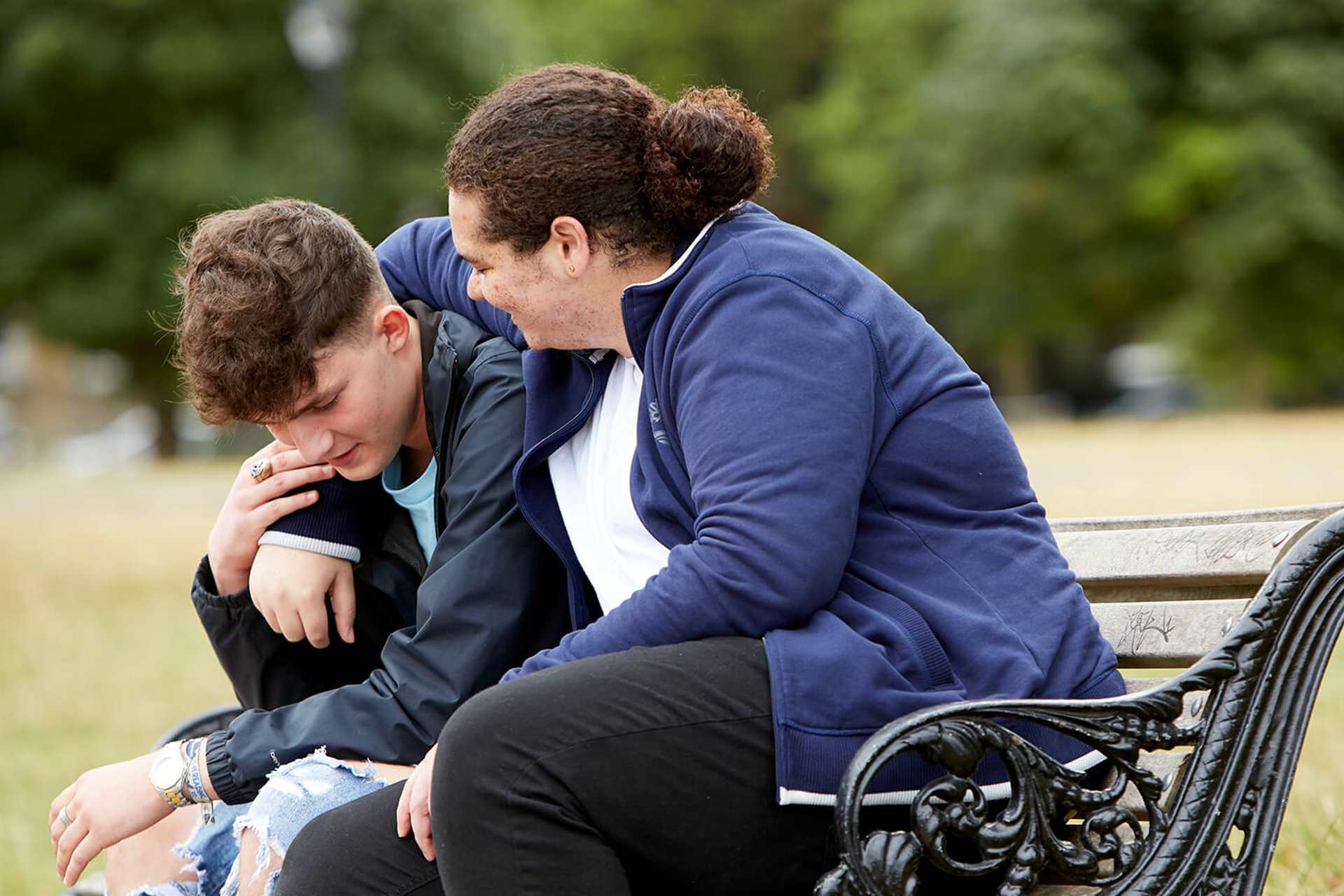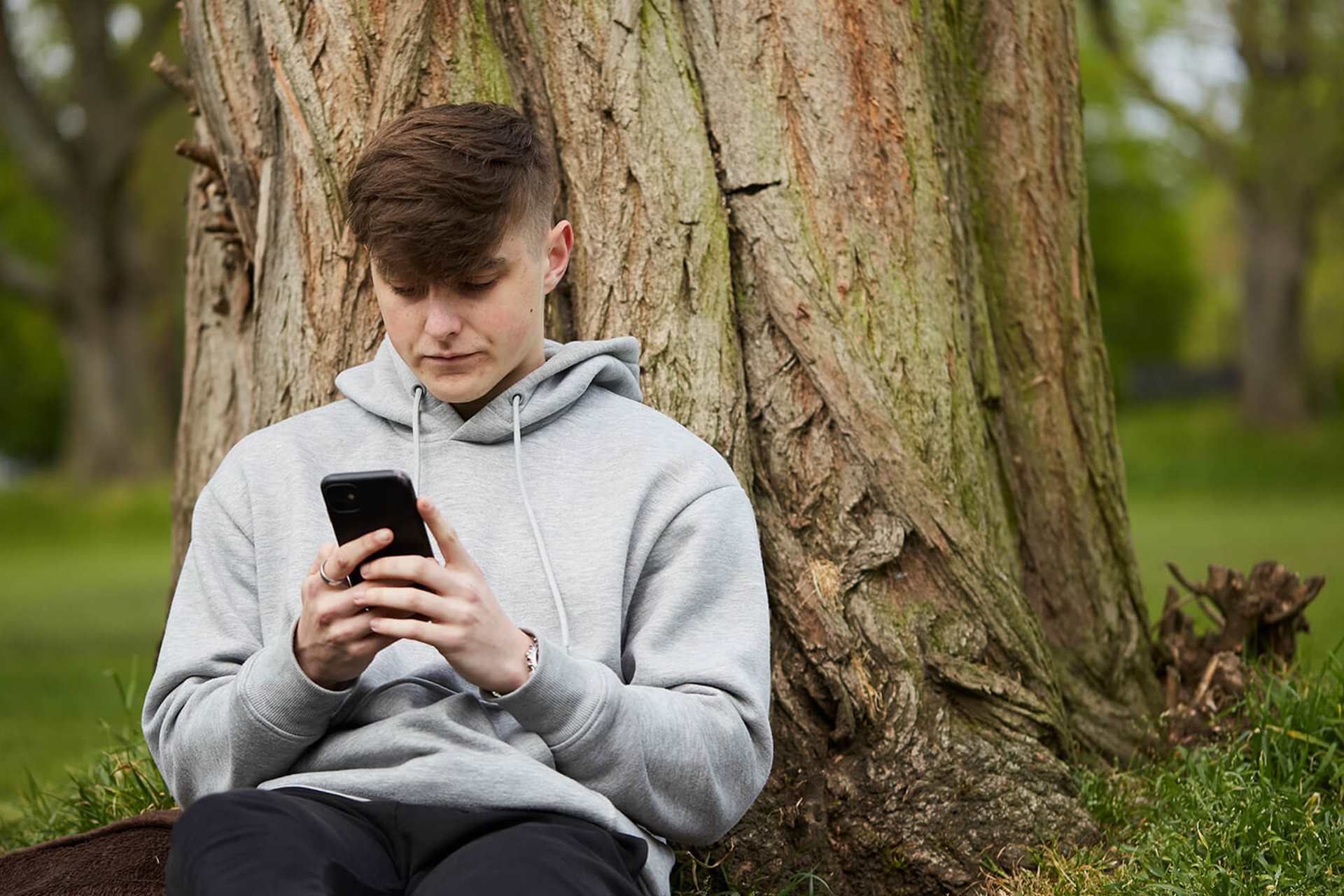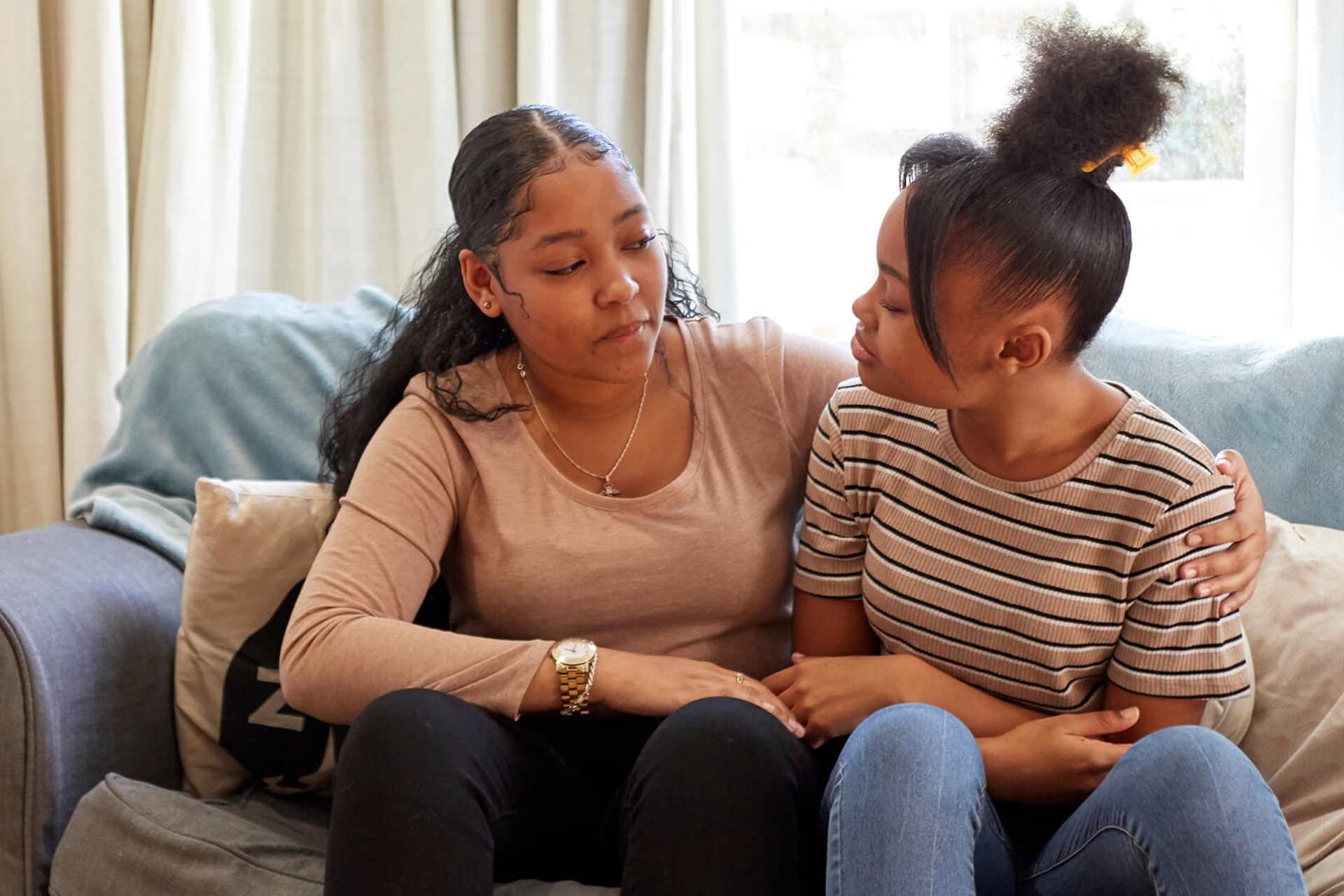Topics mentioned: Coronavirus and mental health, problems at school, self-care
About: Alfie shares his tips for coping with remote learning and explains how he is looking after his mental health now his regular routine has changed because of coronavirus (COVID-19).
Almost overnight, the way we learn, and the way we're taught, has changed. We no longer have to get out of bed so early, get on the bus or the train, and make our way into school. That can only be a good thing, can't it? Not for everyone. Studying full-time from home can bring with it some pretty big challenges and, for some people, it can take a big toll on their mental health.
Here are my tips on how to look after your mental health and how to stay motivated while we're all studying from home:
Form a routine
Just because the school bell no longer rings out every hour doesn't mean you shouldn't think about coming up with a timetable/routine and sticking to it, and building in regular breaks, some fun time, and some work time. That can help you to stay focused and also help you to have a clear idea of what you've got to do. Think about setting a goal to achieve for each session, too - are you going to recap the different sentence forms for English? Or are you going to work on your key terms in physics?
Use not having a school bell to your advantage, too. You don't have to work from 8am - 3pm every day. Do you prefer to have a lie-in? Then why not start work at 10am? Nobody is expecting you to work for the same amount of time as if you were in school - your teachers aren't setting you an hour’s worth of work per lesson each day, so don't feel like you need to work for that amount of time.
Think about setting a goal to achieve for each session.
Think also about what you wear and where you work. I love my fluffy dressing gown and my bed. But, getting out of bed and putting on different clothes, and sitting at a desk, or the kitchen table, helps you to differentiate between work and sleep, which will help you if you're struggling to sleep, and will make you more productive while you're working.
Continue to exercise
We're all having to maintain strict social distancing measures, and we're not allowed to socialise with people who we don't live with. But we're still allowed to - and in fact encouraged to - go outside, for one form of exercise per day. It's well reported that exercising and getting fresh air helps to look after your mental health and wellbeing. While you're out, take it as an opportunity to unplug - ignore any notifications you get on your phone. Take a moment to look at what you can see in front of you while you're out: what colour are the leaves? What can you hear? There are fewer cars on the roads - can you hear birds chirping?
This time, even if it's just half an hour a day, can be a great chance to think about exactly how you're feeling and what you're thinking, which leads me on to:
They might not be in the room, but your friends and teachers are still there
Now more than ever, your teachers are interested in looking after you and making sure that you are ok, rather than focusing on grades. Use your school's virtual learning environment (VLE) to keep in touch with your teachers - ask questions about work set, but also tell them how you are! They're stuck indoors too - I'm sure they'd love to hear how you are getting on.
Make full use of video chats and phone calls too, to keep in touch with friends. Do this as well as sending normal messages - it means you still get to see them and makes everyone feel more connected! Why don't you have a 'virtual lunch' together, and all sit down at the same time, on a video call, and chat about your day?
Make full use of video chats and phone calls too, to keep in touch with friends. Why don't you have a 'virtual lunch' together, and all sit down at the same time, on a video call, and chat about your day?
We're all in this together
I think that this is important to remember. Every single person in the world is currently being affected in one way or another by what's going on with the coronavirus. Which means that loads of people are worried, scared and anxious.
Chat with your parents, friends, or teachers about how you're feeling; sharing how we feel and talking about it helps everyone. If you think your friend might be worried, why don't you think about asking them how they are?
More information and advice
We have tips and advice to help you find the support you need. Take a look at our guides.
Where to get help
However you're feeling, there are people who can help you if you are struggling. Here are some services that can support you.
-
Childline
If you’re under 19 you can confidentially call, chat online or email about any problem big or small.
Sign up for a free Childline locker (real name or email address not needed) to use their free 1-2-1 counsellor chat and email support service.
Can provide a BSL interpreter if you are deaf or hearing-impaired.
Hosts online message boards where you can share your experiences, have fun and get support from other young people in similar situations.
- Opening times:
- 24/7
-
Youth Access
Provides information about local counselling and advice services for young people aged 11-25.
Put in your location and what you need help with into their 'Find help' search, and see what services are available in your area.






